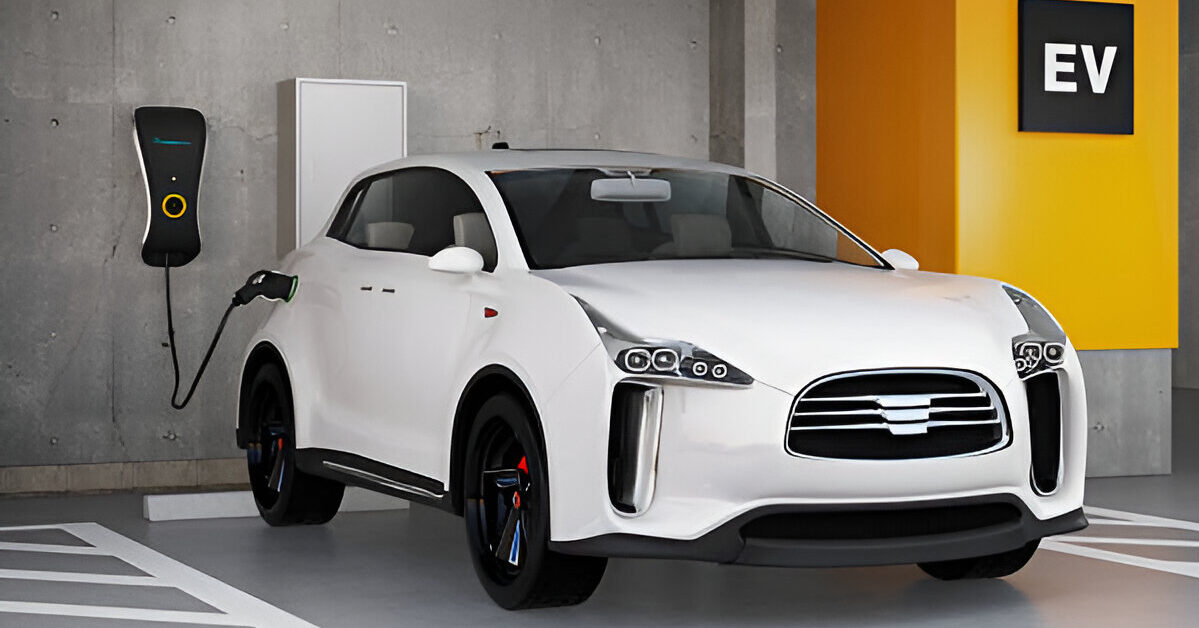

Home EV Charging: Everything You Need to Know
As electric vehicles (EVs) become more popular, many homeowners are considering installing home EV charging stations. Charging your EV at home is convenient, cost-effective, and can significantly enhance your overall EV ownership experience. Here’s everything you need to know about home EV charging.
Types of Home EV Chargers
There are primarily two types of home EV chargers: Level 1 and Level 2.
- Level 1 Chargers: These chargers use a standard 120-volt outlet and provide a slow charging rate, usually adding about 2-5 miles of range per hour. They are ideal for overnight charging and for those who drive short distances daily.
- Level 2 Chargers: These chargers require a 240-volt outlet and can add 10-60 miles of range per hour, making them much faster than Level 1 chargers. Level 2 chargers are suitable for those with longer commutes or who need to charge their EVs more quickly.
Installation Process
Installing a home EV charger, particularly a Level 2 charger, typically requires professional assistance. Here’s a step-by-step overview of the installation process:
- Assess Your Electrical System: Ensure your home’s electrical system can handle the additional load. This may require an upgrade to your electrical panel.
- Choose the Right Charger: Select a charger that is compatible with your EV and meets your charging needs.
- Hire a Licensed Electrician: A licensed electrician will install the necessary wiring and outlet for the charger.
- Install the Charger: The electrician will mount the charger on a wall or a stand and connect it to the power supply.
- Test the System: Once installed, the electrician will test the system to ensure it’s working correctly and safely.
Costs Involved
The cost of installing a home EV charger can vary widely based on several factors, including the type of charger, electrical upgrades, and labor. On average, you can expect to spend between $500 and $2,500 for a Level 2 charger installation. However, various incentives and rebates may be available to help offset these costs.
Benefits of Home EV Charging
- Convenience: Charge your EV overnight or whenever it’s parked at home.
- Cost Savings: Home electricity rates are typically lower than public charging stations.
- Time-Saving: Avoid trips to public charging stations and waiting in line.
- Environmental Impact: Use renewable energy sources at home for a greener charging option.
Tips for Efficient Home Charging
- Charge During Off-Peak Hours: Many utility companies offer lower rates during off-peak hours. Charging your EV during these times can save money.
- Monitor Your Charging: Use smart charging apps and systems to monitor and optimize your EV charging.
- Maintain Your Charger: Regular maintenance and occasional professional check-ups can ensure your charger operates efficiently.
Conclusion
Home EV charging is a practical and efficient solution for EV owners. By understanding the types of chargers, the installation process, and the costs involved, you can make an informed decision that best suits your needs. Enjoy the convenience, savings, and environmental benefits of charging your EV right at home.
Add a comment Cancel reply
Categories
- Car News (4)
- Car Reviews (3)
- Electric Cars (2)
- EV Battery (1)
- EV Charging (3)
- EV Testing (1)
- Uncategorized (1)
Recent Posts
Related posts










